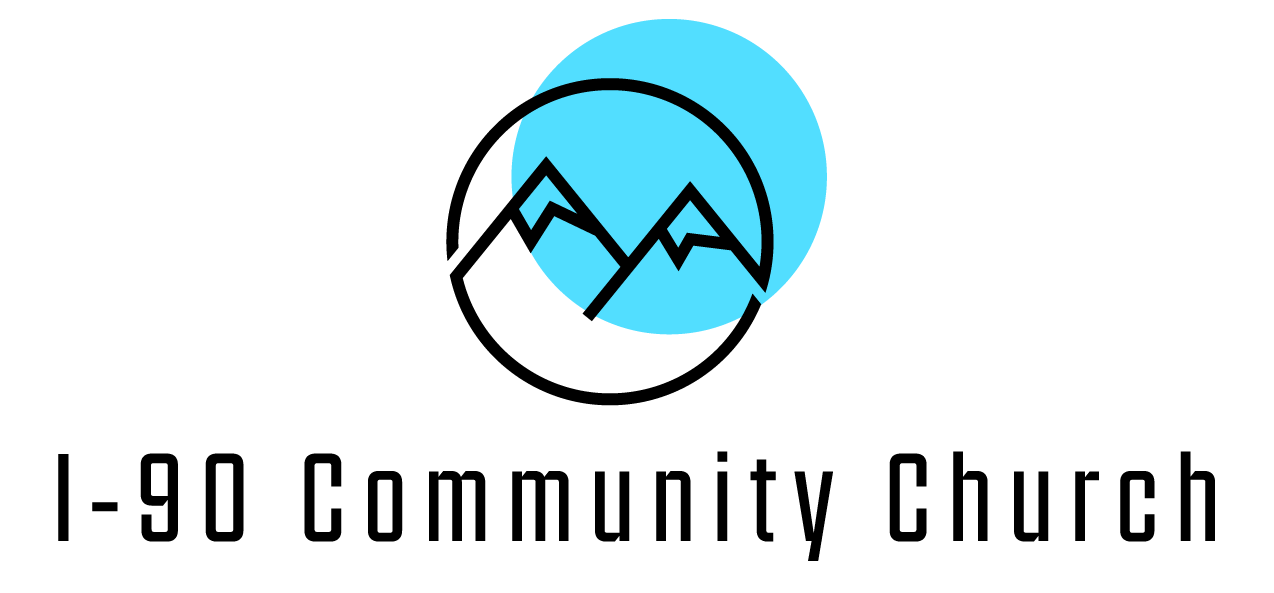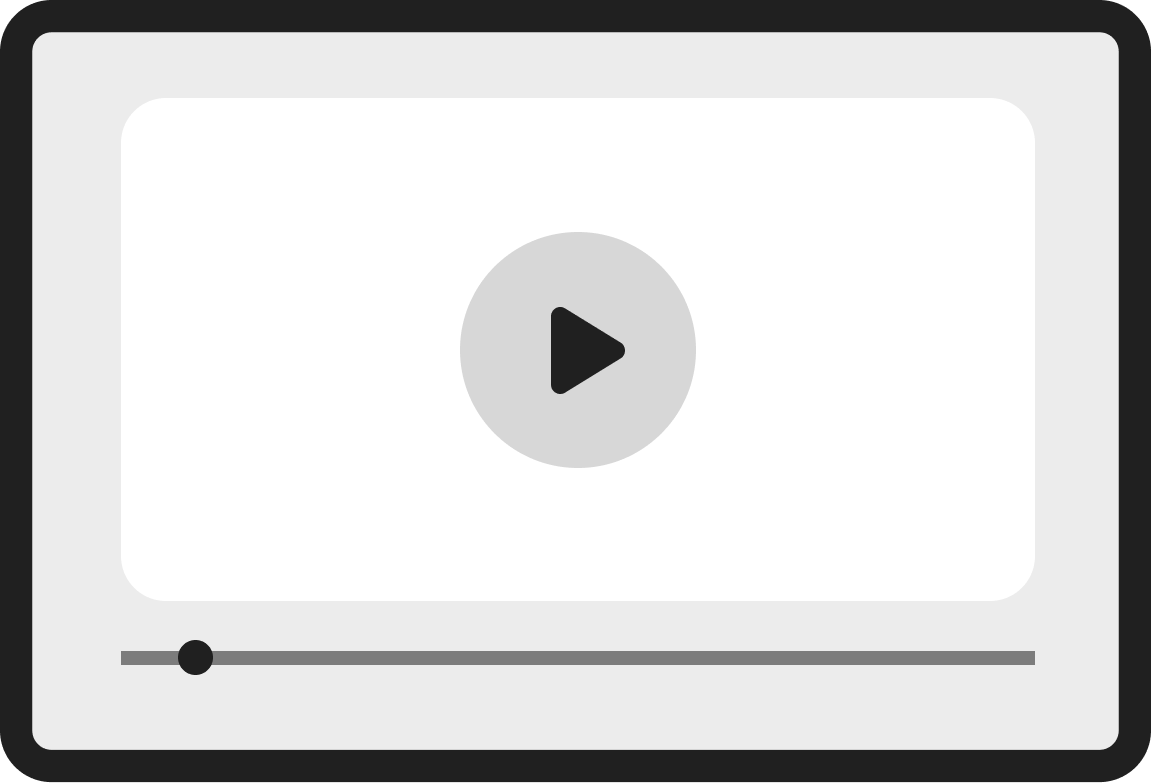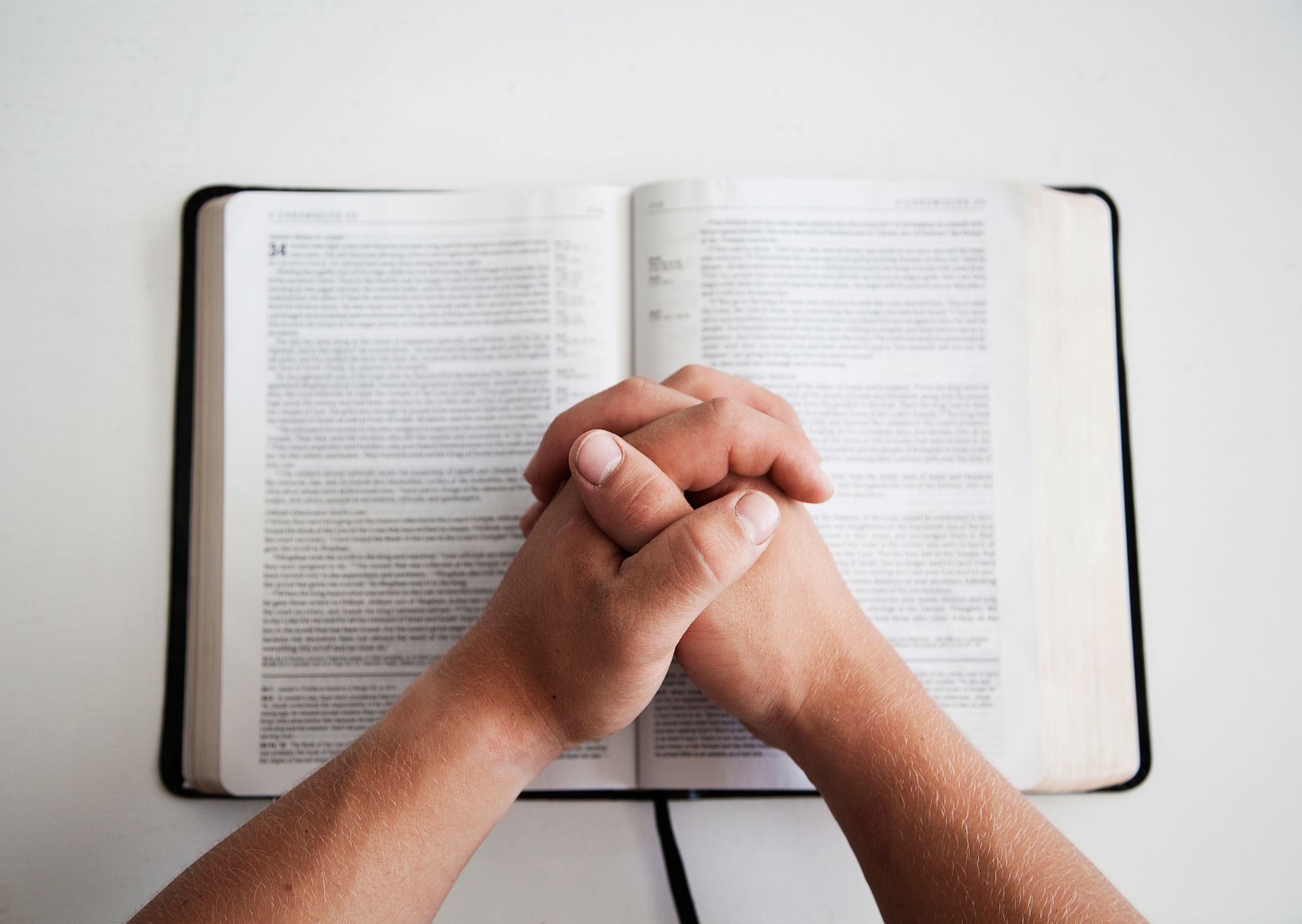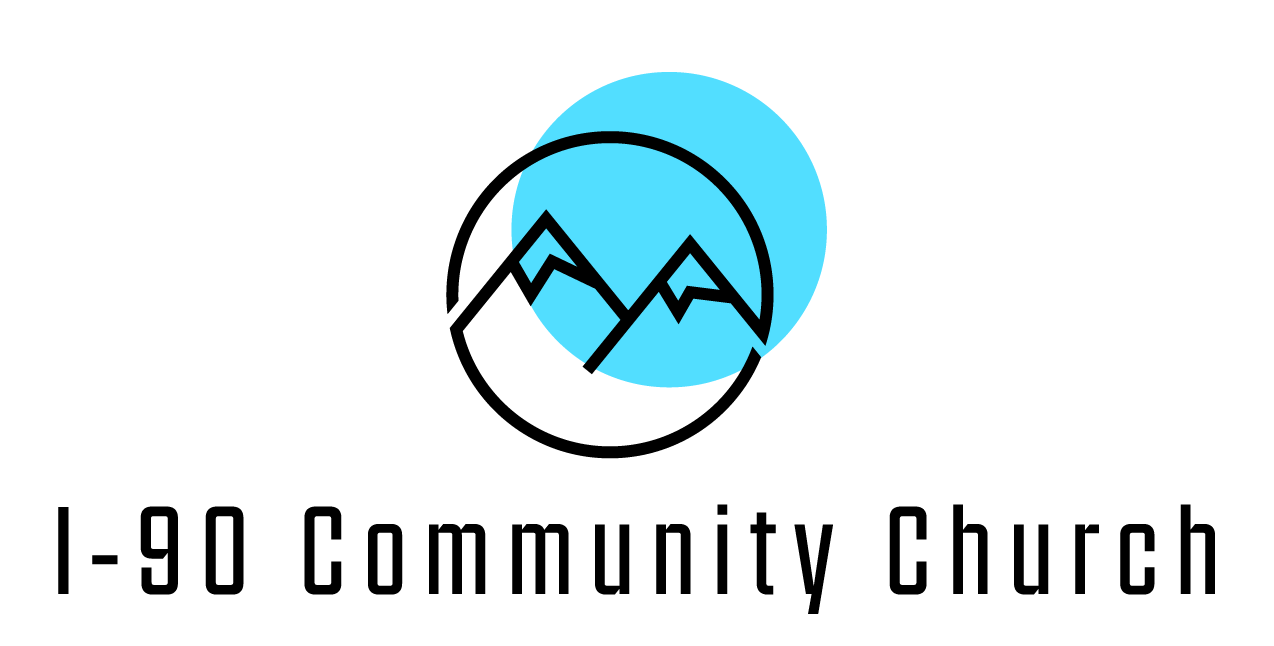Burn Out
Burned Out But Not Broken: Finding Rest in Your Exhaustion
Burnout is like this epidemic that's sweeping through our culture. There are all kinds of studies and podcasts and TED talks about it, and I've noticed especially lately that many are seeing burnout as not just a physical or mental issue, but actually as a spiritual crisis.
Over the last few years since COVID especially, so many people have been pushed to their limits—at work, at home, in relationships. This is not a pity party, I'm just stating what's happening. A lot of people are running on empty, and many are wondering where relief might be found in the middle of that exhaustion.
Understanding Burnout Beyond Just Being Tired
Most people experiencing burnout are dealing with a series of unrecognized losses—loss of purpose, loss of boundaries, loss of rest, loss of deeper connection. Unaddressed depletion is one of the biggest crises in our society, and it's largely ignored. We don't think about it often. We are not a culture that likes to consider our limits or our need for rest.
We've lost our traditions around rhythms of work and rest, and we don't have them anymore, and I think we are suffering as a result. From ancient wisdom traditions, including the Judeo-Christian tradition, we find the concept that humans aren't designed for constant productivity. We need rest built into the very fabric of our lives.
In the biblical tradition, Jesus addresses this condition directly: "Come to me, all of you who are weary and carry heavy burdens, and I will give you rest… and you will find rest for your souls." He's describing people carrying heavy burdens and experiencing weariness—which is basically the definition of burnout—and offering a solution that isn't just "try harder" or "be stronger" but involves rest at a soul level.
The Principle of Intentional Rest
It's interesting that one of the Ten Commandments—these core instructions in Jewish and Christian tradition—was simply to rest. To take a sabbath. That's striking when you think about it. A divine command to rest. That should tell us something about human nature, right?
The sabbath command wasn't a suggestion. It wasn't, "Hey, if you're feeling a little tired, maybe take a break." It was a COMMANDMENT. Right up there with "don't murder" and "don't steal" was "make sure you rest." Yet this is the principle that so many of us break constantly without thinking twice about it.
Our culture often celebrates overwork. People talk about not taking days off or vacation time as if it's something to be proud of. But what if that approach is fundamentally misaligned with how we're designed to function?
The word "sabbath" comes from the Hebrew word that means "to cease" or "to stop." It's about STOPPING. Stopping the productivity. Stopping the striving. Stopping the constant doing. And for many dealing with burnout, the real issue isn't just physical rest—it's that we've lost the ability to truly STOP.
Even when our bodies stop, our minds are still going. We're still checking phones, worrying about work, making mental to-do lists. We've forgotten how to truly cease. That's why the sabbath principle is so powerful for addressing burnout. It's not just about taking a day off—it's about learning again how to fully stop and be present.
In the gospel accounts, Jesus models this. Despite enormous demands on his time and attention, we repeatedly see him withdrawing from crowds to pray and be alone. If someone with such important work needed to step away regularly from the demands of his mission, how much more might we need that?
Practically speaking, this means creating boundaries around time where you completely unplug—no email, no social media, no productivity, no chores—and you just rest, reflect, enjoy nature, spend time with loved ones without an agenda.
Start by being protective of some intentional rest time. Put it on your calendar. Tell people you're unavailable. Turn off notifications. Spend that time doing things that restore your soul—going for walks, reading without an agenda, just being present with yourself or your family.
Renewing Your Purpose Beyond Productivity
Here's something telling about our culture: when you meet someone new, what's usually the first question people ask? "What do you do?" We identify ourselves and others primarily by our productivity, by our work.
When our identity gets too wrapped up in what we produce or achieve, burnout isn't just physical exhaustion—it becomes an identity crisis. Many successful people are caught on a treadmill of constant performance, unable to get off because their whole sense of worth is tied to it.
Finding Your Way Back from Burned Out to Burning Bright
I want to talk about what recovery actually looks like because, honestly, it's not as simple as just taking a vacation. I mean, how many of you have gone on vacation and come back feeling just as tired as when you left? Burnout recovery is not just about stopping work—it's about a deeper kind of restoration.
When we look at Elijah in 1 Kings 19, we see this amazing picture of God's burnout recovery program. Elijah had just experienced this incredible spiritual victory on Mount Carmel, but then Queen Jezebel threatens his life, and he just crashes. He winds up exhausted, depressed, and feeling completely alone under a broom tree in the desert, basically telling God, "I'm done. Just take my life."
And what's fascinating is how God responds. God doesn't lecture Elijah about having more faith. He doesn't tell him to just push through it. What does God do? First, He lets Elijah sleep. Then He sends an angel to provide food and water. More sleep. More food. God addresses Elijah's physical needs first.
Only after Elijah's body is cared for does God speak to his spirit. And even then, God doesn't speak in some dramatic, exhausting way. He speaks in "a still, small voice"—a gentle whisper.
I think this pattern shows us something really important about burnout recovery. It's holistic. It involves our bodies, our emotions, our relationships, and our spirits. You can't just address one part and expect to get better.
We usually try to fix burnout with the same thinking that created it. We make recovery another project to excel at. We try to optimize our rest, which is just more striving. But what if recovery isn't about striving at all? What if it's about surrendering?
The Courage to Face What's Driving Your Burnout
I think it takes real courage to look at what's actually driving our burnout. For a lot of us, especially those of us who are, you know, high-achievers or people-pleasers, burnout isn't just about having too much to do. It's about why we're doing so much in the first place.
Maybe you're trying to prove your worth through your work. Maybe you're afraid that if you slow down, people won't value you anymore. Maybe serving others has become a way to avoid your own pain. Maybe saying "no" makes you feel guilty because somewhere along the way, you learned that your needs don't matter as much as everyone else's.
These are hard things to face, but here's the truth: God already knows all this about you, and He loves you completely. He doesn't love your productivity or your service or your achievements—He loves YOU.
David says in Psalm 139, "You have searched me, Lord, and you know me." God knows us inside and out—all our fears, all our hidden motivations—and His love doesn't waver.
So part of burnout recovery is having the courage to come before God with complete honesty about what's driving us. "God, I'm afraid of being irrelevant if I'm not constantly achieving." "God, I don't know who I am if I'm not helping everyone else." "God, I'm using busyness to numb my pain."
When we bring these things into the light, they start to lose their power over us. And we can begin to receive a new way of being—not based on performance, but on belovedness.
Practical Steps for the Burned Out Soul
I don't want to just leave this all theoretical, so let me give you some really practical steps for recovery if you're feeling burned out right now.
First, acknowledge the reality. Stop saying "I'm fine" when you're not. Stop trying to power through. Name it: "I am experiencing burnout." There's actually something really powerful about just naming our condition.
Second, get a physical check-up. Burnout affects your body. Your sleep, your immune system, your digestion—everything. Talk to a doctor. Get bloodwork done. Rule out physical issues like thyroid problems or vitamin deficiencies or other things that can contribute to exhaustion.
Third, and I know this one might be hard for some of you, but consider talking to a counselor. Burnout often has deep psychological and spiritual roots, and having someone help you untangle those can be incredibly valuable.
Fourth, do a commitment audit. Write down everything—and I mean everything—you're committed to right now. Then prayerfully go through each item asking: "Is this essential? Is this mine to carry right now? Is this aligned with how God has actually called me to spend my life energy?" Then be ruthless about eliminating or postponing what isn't absolutely necessary.
Fifth, build tiny rest rituals into your day. Maybe it's five minutes of silence in your car before you enter your house after work. Maybe it's a short walk after lunch where you do nothing but notice God's creation around you. These small pauses can help interrupt the constant doing mode we get stuck in.
Sixth, reconnect with joy and play. Burnout steals our capacity for joy. What used to make you laugh? What activities used to get you into that flow state where you lost track of time? Burnout recovery needs to include rediscovering those things, not as another task, but as a gift.
And seventh—and this is absolutely crucial—invite others into your recovery journey. Isolation deepens burnout. You need people who will check in on you, who will call you out when you start sliding back into old patterns, who will remind you of who God says you are when you forget.
The Gift in the Wilderness
I want to close with this thought: Sometimes burnout is actually a gift. I know that sounds crazy, but hear me out.
In Scripture, wilderness experiences—those times of depletion and struggle—are often the prelude to a deeper relationship with God. Think about it: Israel in the desert before the Promised Land. Jesus in the wilderness before his ministry. Paul in Arabia before his apostleship.
The wilderness strips away everything we rely on instead of God. Our strength. Our competence. Our self-sufficiency. Our carefully constructed identities. And in that stripping away, we can encounter God in a new way.
I've talked to so many people who say their burnout was the best worst thing that ever happened to them. Because in that place of complete emptiness, they finally stopped striving, stopped performing, stopped trying to earn love—and simply received it.
C.S. Lewis said, "God whispers to us in our pleasures, speaks in our consciences, but shouts in our pains. It is his megaphone to rouse a deaf world." Sometimes burnout is God's megaphone in our lives, calling us back to a relationship that isn't based on what we do for Him, but on who we are to Him: His beloved children.
If you're feeling burned out today, I don't want to minimize your pain. It's real, and it's hard. But I do want to offer you this hope: God is not distant in your exhaustion. Often, it's in our emptiness that we're most open to being filled with His presence in a new way.
So maybe, just maybe, your burnout isn't the end of the story. Maybe it's the beginning of a deeper, more sustainable relationship with God—one where you don't have to earn your place or prove your worth or maintain your image. One where you can simply be loved.
Jesus said, "My grace is sufficient for you, for my power is made perfect in weakness." In your burnout, in your emptiness, in your inability to keep going on your own strength—that's where His power has room to show up. And that's a grace we all desperately need.





